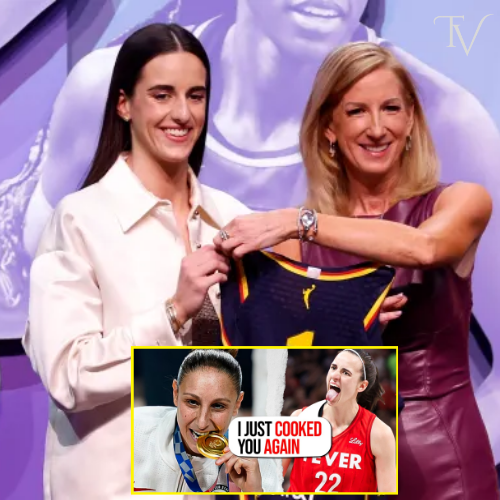CELEBRITY
The Hypocrisy of the WNBA’s Rejection of Caitlin Clark from the Olympic Roster Revealed in Full – The Dark Side of the Controversial Story Unveiled (Complete Story

The WNBA’s Financial Struggles and the Missed Opportunity of Caitlin Clark
Since its inception in 1997, the Women’s National Basketball Association (WNBA) has struggled to achieve profitability. In 2018, NBA Commissioner Adam Silver disclosed that the league had been losing an average of $10 million annually since its inception. Despite impressive attendance records and growing interest, the WNBA is projected to lose $50 million in 2024. This persistent financial struggle has long puzzled many, particularly given the high salaries and commercial success of their male counterparts in the NBA.
The core of the issue lies not in the talent of the players but in the league’s inability to leverage opportunities for growth effectively. The case of Caitlin Clark, a standout player from the University of Iowa, highlights a significant missed opportunity for the WNBA to turn its fortunes around.
Clark, who was the first overall pick in the 2024 WNBA Draft, immediately made an impact on the league. Her presence not only boosted the Indiana Fever’s attendance from an average of 4,000 to 16,000 per game but also energized the league’s fan base. Her extraordinary skills and star power brought unprecedented attention and excitement to the WNBA.
However, the WNBA’s financial prospects could have been further transformed during the 2024 Paris Olympics—a golden opportunity to showcase Clark on a global stage. The Olympics are a prime platform to elevate players to international stardom, akin to how the 1992 U.S. Men’s Olympic Basketball Team, famously known as the “Dream Team,” captured global attention. Clark’s inclusion on the U.S. Women’s National Basketball Team could have served as a significant marketing tool, potentially expanding the league’s fan base and revenue.












